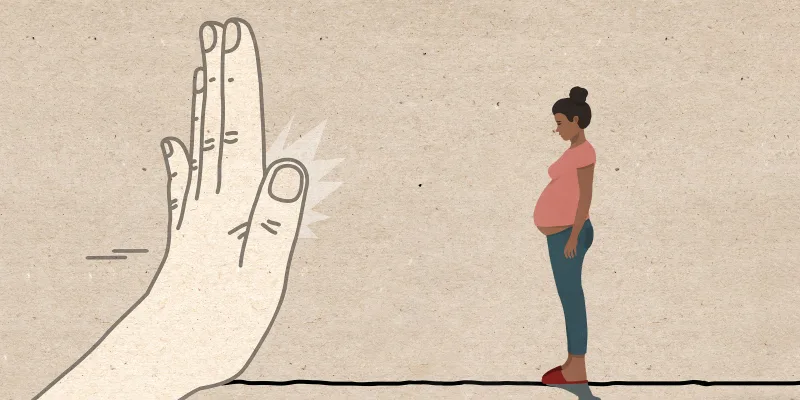
A 58-year-old male presents to the clinic with newly diagnosed type 2 diabetes mellitus and an interest in making lifestyle modifications to avoid complications. He asks for information on how to improve his current diet. What do you advise, and how confident do you feel providing this information?
Seems pretty straightforward, right? Maybe not. According to a recent study, if you are currently a medical student (like myself), your confidence in dispensing sound nutritional recommendations might be misplaced.
The study in question, conducted at Ohio University’s Heritage College of Osteopathic Medicine and published in The Journal of the American Osteopathic Association found that just over half (50.6%) of medical students participating in the study were not able to pass a 20-question nutrition quiz (with passing being set at a score of 72.5% or higher). This study also found that in spite of these scores, a majority of participants still felt comfortable providing nutrition education to their patients.
Why is this the current state of nutrition in medicine, and what can be done to improve this situation? Of course, as is the case for many issues that surface in the medical community, there are no silver bullets for solving this problem. But there are certainly some obvious areas for improvement.
Despite the fact that the aforementioned study was published recently, this lack of knowledge regarding nutrition is not a novel concern. Studies as far back as the 1980s have found that medical students do not receive enough education on nutrition during their pre-clinical years. The solution should be simple, just hire a nutritionist to teach nutrition and the problem will be solved, correct? Putting aside the logistics and costs that are involved with hiring new faculty, there are a myriad of other barriers to reaching the end goal. First, and perhaps foremost, nutrition is not tested heavily on either the USMLE Step 1 or COMLEX Level 1 board exams, making it a “low-yield” topic in the mind of many medical students. The school I attend offers a relatively robust nutrition program, and yet nearly every time a nutrition lecture was scheduled, at least half the seats in the auditorium were vacant. This remark is not offered as a slight against my colleagues, but rather as a commentary on how nutrition is valued in comparison to more “high-yield” material that must be learned for board examinations.
As I just alluded to, the time constraint of pre-clinical years is not an insignificant factor. When a medical student is hunched over their pathology textbook chowing down on a bowl of lukewarm ramen from the vending machine in the lobby, the last thing they likely care to ponder is the nutritional content of their meal. They tell themselves they will “eat healthier tomorrow,” until they find themselves devouring a couple of cold slices of Costco pizza left over from whatever club meeting happened to be on campus that day. Time is a precious commodity in medical school, and if a student cannot take the time to involve themselves in a healthy eating regimen, how can they be expected to counsel their patients on such matters?
At the risk of the following statement coming off as both anecdotal and obvious, I have found that my colleagues with the greatest interest in personal nutrition possess the greatest wealth of nutritional knowledge. This is, of course, because they have taken the time to learn about the different elements of nutrition beyond the minimum required to be successful in medical school. If it was possible to engage and intrigue others who do not share this interest, it might truly affect change in the medical school environment. This may be a challenge due to competing interests (studying, family, sleep) and frustrations with seemingly ever-shifting findings (Should I be recommending soy milk? Is sugar actually that bad for you? What is the role of artificial sweeteners? Does dairy prevent or cause cancer?). But, ultimately, motivating medical students to engage in nutritional education of their own volition may have a huge impact on the quality of information patients will receive.
At a time when nutritional advice (sound or not) is more accessible than ever, and with a greater number of patients turning to alternative diets (think paleo, primal, vegan, vegetarian, Mediterranean, etc.), it is imperative that they have a trustworthy and knowledgeable resource to access. Primary care providers are often the first people who patients turn to when seeking this information. If the physician is ill-equipped to handle such problems, it may leave the patient disillusioned, or worse, in a dangerous situation if proper and adequate counsel is not provided.
Although the challenges are complex, they are not insurmountable. An integral part of overcoming this concern will be to get medical students motivated to learn about nutrition and allow them the proper environment to do so. Whether this means preparing meals with nutritionists several times a semester, or working with registered dietitians and their patients in a clinical experience, more must be done to foster a true, vested interest in nutrition education in medical school.
Colby Nixon is a third-year medical student at Pacific Northwest University of Health Sciences College of Osteopathic Medicine. Prior to medical school he studied Biomedical Sciences at Tufts University and Biology at the University of Vermont.







